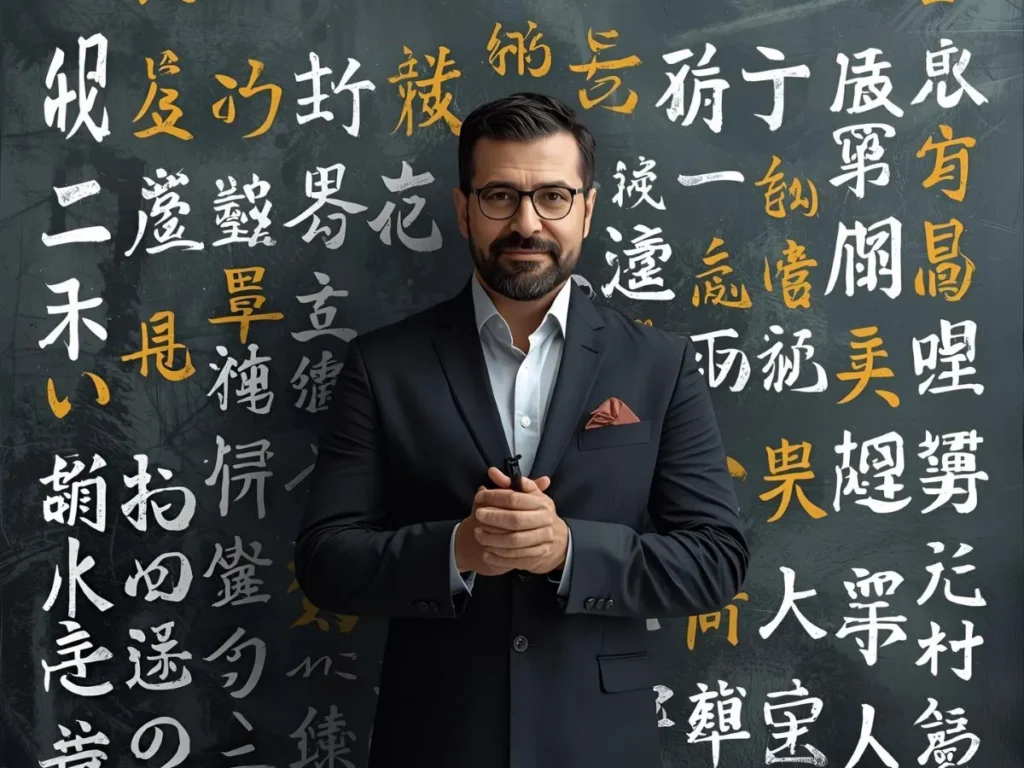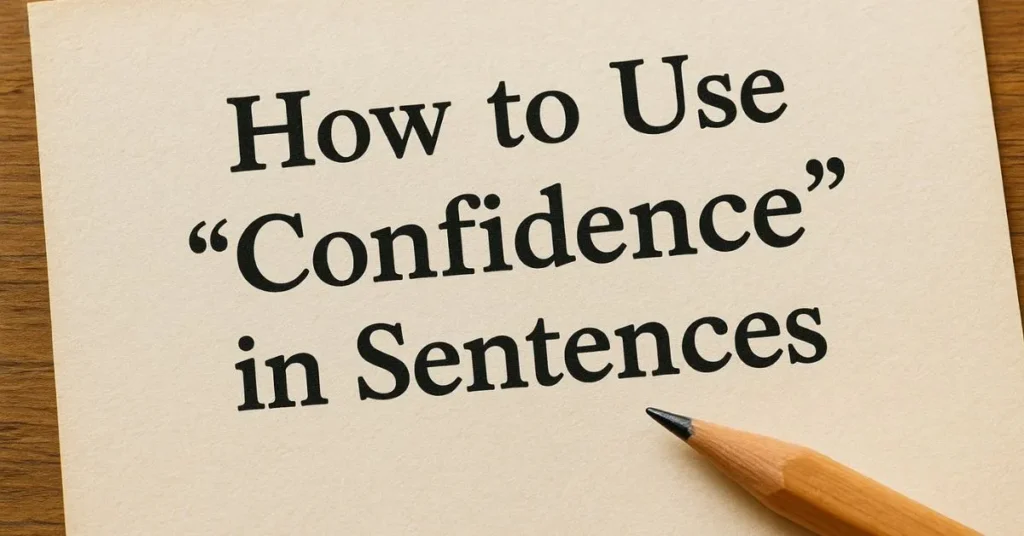If you’ve found yourself typing “confidence in different languages” into a search bar, chances are you’re curious about how this powerful word is spoken and understood around the world. Maybe you’re learning a new language, writing a motivational message for a global audience, or just fascinated by the beauty of multilingual expression.
Whatever your reason, this article is your complete guide to understanding the word confidence — not just in English, but in many languages across cultures. You’ll learn what it means, how to use it in everyday situations, and how to pronounce or write it in various global tongues. By the end, you’ll feel more confident talking about confidence — wherever you are.
Confidence in other languages

- Highlights how different cultures express self-assurance through unique vocabulary, tone and body language
- Helps language learners speak more fluently by understanding empowering words and phrases used globally
- Reveals how confidence is tied to respect, honor or humility depending on the cultural context
- Shows how pronunciation and delivery matter as much as the actual word meaning in expressing confidence
- Encourages cross-cultural communication by teaching how confidence is politely and appropriately conveyed worldwide
What Does “Confidence” Mean?

The word confidence refers to a strong belief in yourself, someone else, or a certain outcome. It can be broken down into three common meanings:
- Self-confidence – belief in one’s abilities.
- Example: She spoke with confidence during the interview.
- Example: She spoke with confidence during the interview.
- Trust in others – faith in a person or relationship.
- Example: I have confidence in my team.
- Example: I have confidence in my team.
- Certainty or assurance – feeling sure about something.
- Example: We are confident the results will improve.
- Example: We are confident the results will improve.
In every culture, confidence is admired, encouraged, and expressed — even if the exact word or tone may differ.
🌐 “Confidence” in 50+ Different Languages

Here’s a list of how to say “confidence” in different languages, including pronunciation tips and meanings (when they differ slightly):
| Language | Word for Confidence | Pronunciation | Notes/Context |
| Spanish | Confianza | kon-FYAN-tha | Can mean both trust and confidence |
| French | Confiance | kon-FYAHNS | Used for both personal trust and confidence |
| German | Vertrauen | fer-TROW-en | Literally means trust |
| Italian | Fiducia | fee-DOO-chah | Used for trust and belief |
| Portuguese | Confiança | kon-fee-AHN-sah | Covers self-trust and trust in others |
| Chinese (Mandarin) | 自信 (zìxìn) | dzuh-sheen | Self-confidence; also 信任 for trust |
| Japanese | 自信 (jishin) | jee-sheen | Refers to self-confidence |
| Korean | 자신감 (jasin-gam) | jah-shin-gahm | Confidence (self-belief) |
| Russian | Уверенность (uverennost’) | oo-VYE-reen-nost’ | Inner assurance |
| Arabic | ثقة (thiqah) | thee-kah | Common for trust and belief |
| Hindi | आत्मविश्वास (atmavishvas) | aatma-vish-vaas | Self-confidence |
| Urdu | اعتماد (aitemaad) | ai-te-maa-d | Belief, trust, and confidence |
| Greek | Αυτοπεποίθηση | af-to-pe-PEE-thi-si | Literally “self-belief” |
| Turkish | Güven | goo-VEHN | Trust or faith |
| Hebrew | ביטחון (bitachon) | bee-tah-HON | Also means security |
| Swahili | Kujiamini | koo-jee-ah-MEE-nee | Self-confidence |
| Filipino | Kumpiyansa | koom-pee-YAN-sa | Borrowed from Spanish |
| Thai | ความมั่นใจ (khwam man jai) | kwam-MUN-jai | Personal confidence |
| Dutch | Vertrouwen | fer-TROW-uhn | Trust and confidence |
…and many more can be added for a comprehensive table.
✍️ How to Use “Confidence” in Sentences

Here are examples of using “confidence” appropriately in everyday conversations:
- Encouragement – “Believe in yourself — you have the confidence to succeed.”
- Presentation Setting – “He spoke with confidence during the meeting.”
- In Learning – “Her confidence grew with each lesson.”
- In Sports – “The team played with confidence after their last win.”
- In Relationships – “I have confidence in your decisions.”
- Cultural Exchange – “In Japanese, confidence is written as 自信 (jishin).”
Why Knowing “Confidence” in Other Languages Matters
- Cultural Respect: Using someone’s native word for confidence shows empathy and understanding.
- Travel & Global Work: Whether you’re giving a speech in France or collaborating in Japan, knowing the local word for confidence helps you connect more deeply.
- Learning & Motivation: When you say or read “confidence” in another language, it can inspire you — especially if you’re on a self-growth journey.
🔚 Conclusion:
Confidence is more than a word — it’s a feeling, a mindset, and a bridge that connects people globally. Whether you’re learning new languages or simply expanding your vocabulary, knowing how to express confidence in different languages empowers your communication, self-image, and relationships.



